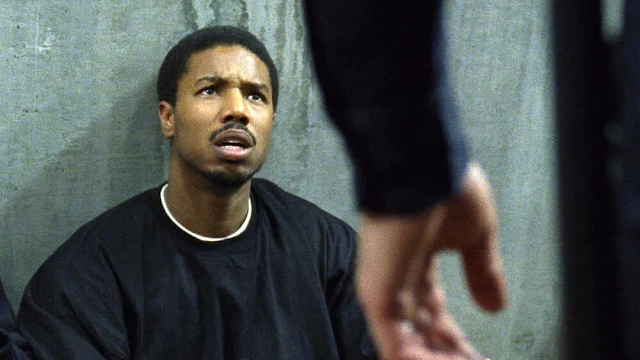 |
| Lam Suet in PTU |
Cast: Simon Yam, Maggie Siu, Lam Suet, Ruby Wong, Raymond Ho-Yin Wong, Eddy Ko, Lo Hoi-Pang, Jerome Fung, Frank Zong-Ji Liu, Chiu Chi-Shing. Screenplay: Yau Nai-Hoi, Au Kin-Yee. Cinematography: Chen Siu-Keung. Production design: Ringo Cheung, Jerome Fung. Film editing: Law Wing-Cheung. Music: Chung Chi Wing.
One of Akira Kurosawa's best early films was Stray Dog (1949), in which a cop's gun is stolen, necessitating a frantic search for the weapon. Johnnie To must surely have had that film in mind when he made PTU, although he takes a very different approach to the search, laying bare the inner workings of the Hong Kong police force and its relationship with the gangs it battles. Unlike the anxious rookie played by Toshiro Mifune in Kurosawa's film, the cop with the missing gun is a slovenly veteran, Sgt. Lo (Lam Suet), who loses the gun when he slips and falls and is knocked out while giving chase to some young gangsters. The Police Tactical Unit, headed by Sgt. Mike Ho (Simon Yam), comes to his aid, hoping to recover the weapon before they have to report its loss to the authorities. The rest is a series of colorful and sometimes deadly encounters, made vivid by cinematographer Chen Siu-Keung's visions of the city at night, its shadowy streets sometimes garishly lighted by signs. It's a twisty, ironic, and decidedly antiheroic thriller.


.jpeg)








.jpeg)













.jpg)












